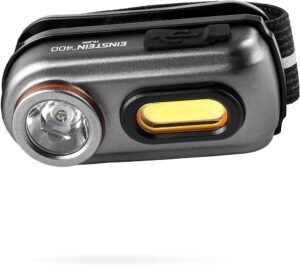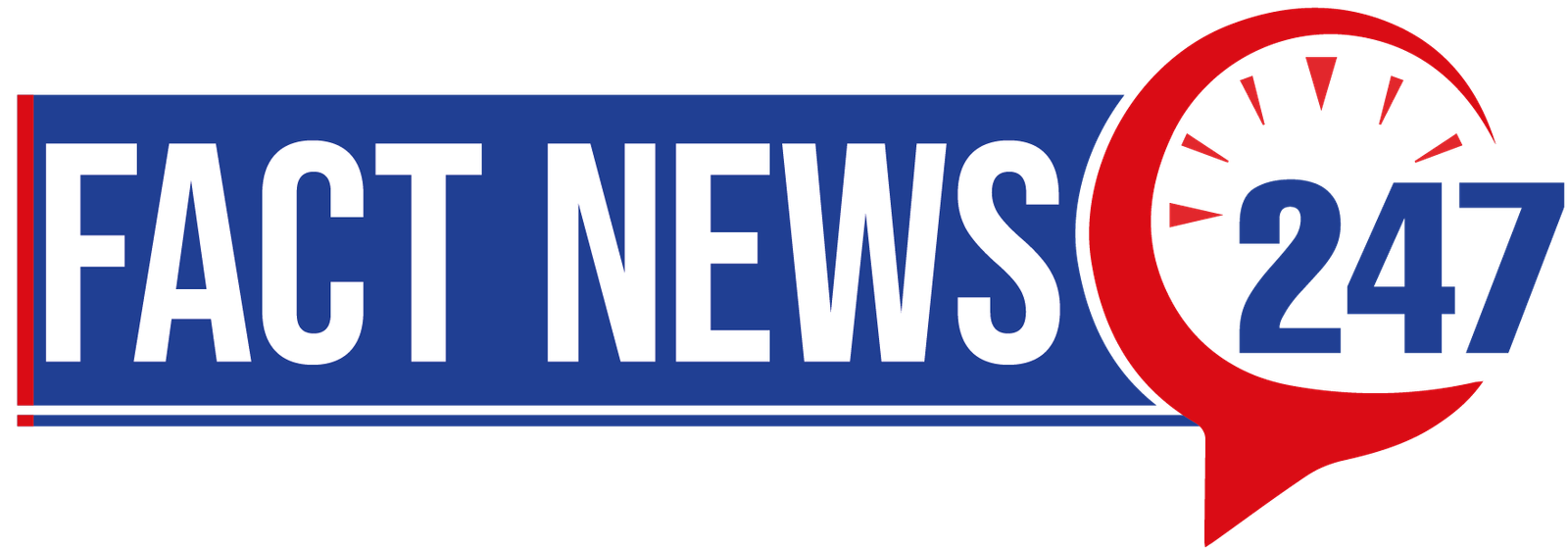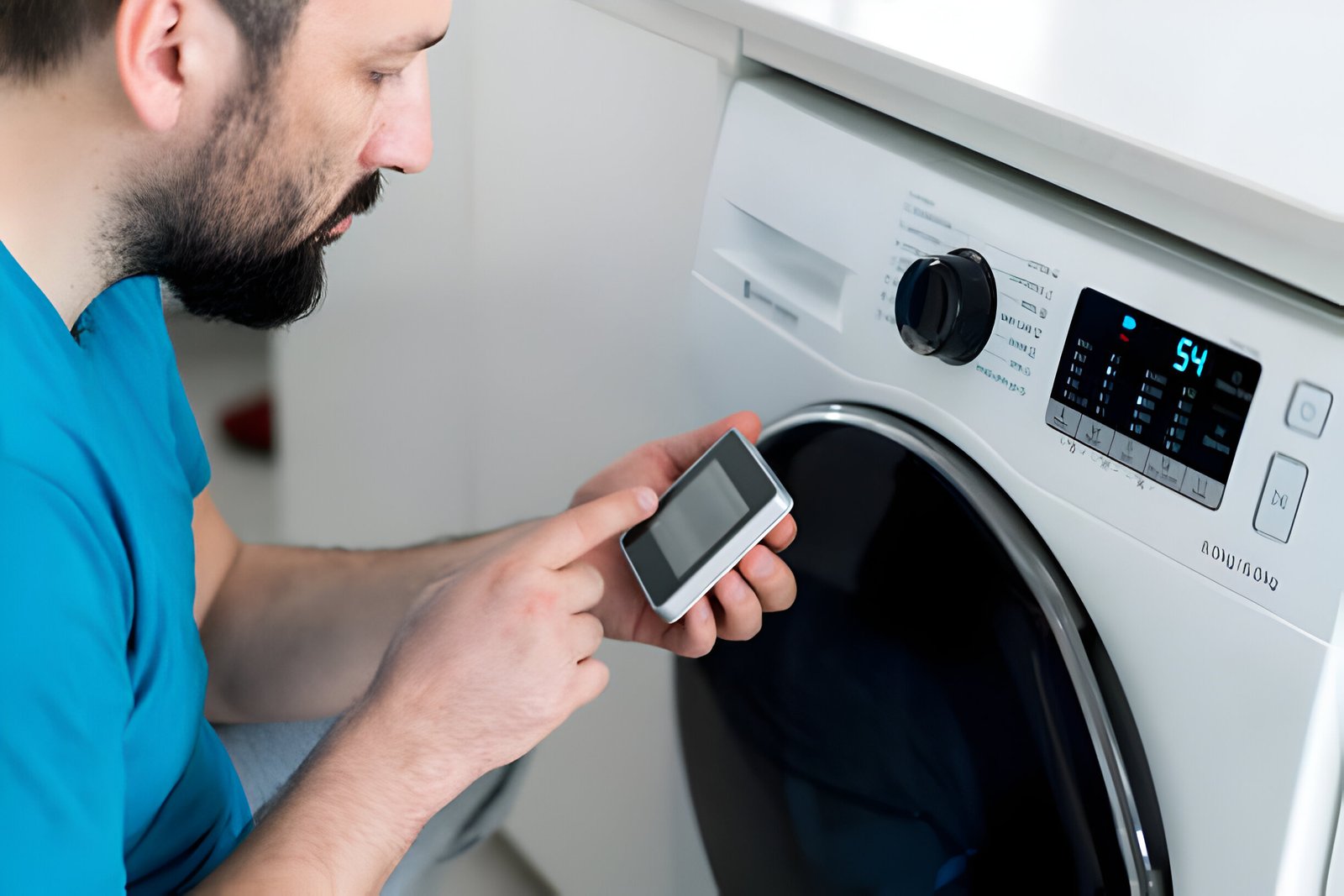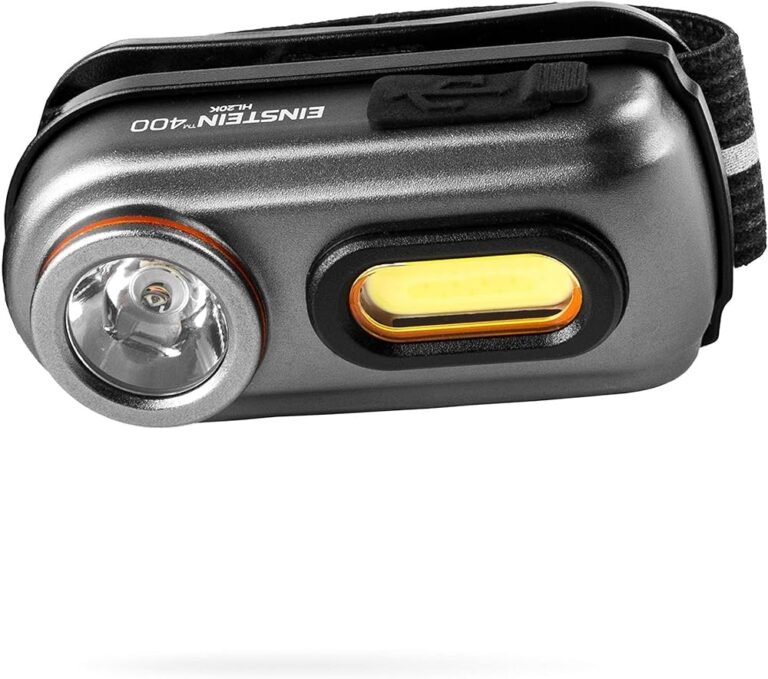Image Credit: Getty image
In an era where space is at a premium and convenience is king, the portable washer and dryer have emerged as a game-changing solution for those living in apartments or homes with limited space. Not only do these compact washer and dryer units offer the flexibility to do laundry from the comfort of your home without traditional hookups, but they also embody the pinnacle of efficiency and portability. The quest for the best portable washer and dryer involves understanding their importance not only in saving space but in providing an efficient solution to laundry day. With a myriad of options available, selecting the perfect portable washing machine or portable washer dryer combo can be daunting, making it crucial to navigate this complex landscape with informed precision.
This article delves into essential considerations for purchasing a portable washer and dryer, from sizing and capacity to energy efficiency and functionality. It will outline the various types of portable washers and dryers, including mini washer dryer combos and models ideal for apartments without hookups. Furthermore, we will spotlight the top brands in the portable laundry machine market, offering insights to guide consumers toward making the best choice for their specific needs. Maintenance tips to extend the longevity of your portable appliance will also be covered. Whether you’re searching for the best portable dryer for an apartment or a comprehensive portable washer dryer for apartments without hookups, this guide aims to equip you with all the necessary information to make a well-informed decision.
Factors to Consider When Buying a Portable Washer

When selecting a portable washer, several key factors must be considered to ensure it meets your specific needs. Here are the essential aspects to evaluate:
Portable Washer Capacity
Portable washers come in various capacities, typically measured in cubic feet. Smaller capacity models range from 1.5 to 3.4 cubic feet, suitable for one to two laundry baskets per load. Medium capacity units are between 3.5 and 4.4 cubic feet, handling two to three baskets. For larger households, washers over 4.5 cubic feet can manage more than three baskets, accommodating larger items like king-sized comforters. Understanding the typical size of your laundry loads will guide you in choosing the right capacity.
Portable Washer Dimensions
Before purchasing, measure the space where you plan to place the washer to ensure a proper fit. Portable washers vary in size, and knowing the dimensions of the available area is crucial. Consider the unit’s width, depth, and height with the lid open, as some models require additional space.
Portable Washer Power Requirements
The energy consumption of portable washers can range from 400 to 1,400 watts, depending on the model. Familiarizing yourself with the power requirements is important for assessing ongoing operational costs. Most portable washers are designed for standard 120-volt outlets, but verifying this compatibility is essential. Additionally, understanding the washer’s amperage and potential connection to home batteries or solar panels can offer insights into its efficiency and sustainability.
By carefully evaluating these factors—capacity, dimensions, and power requirements—you can select a portable washer that not only fits physically in your home but also aligns with your energy consumption preferences and laundry needs.
Types of Portable Washers

Portable washers come in various designs to cater to different needs and preferences, ranging from fully automatic to manual models.
Fully Automatic Portable Washers
These washers provide a complete hands-off experience, automating the entire washing cycle. Users simply load their laundry, select the desired wash cycle, and let the machine do the rest. These models often come with multiple wash settings for different types of fabric and may include advanced features like built-in water heaters or spin dryers.
Semi-Automatic Portable Washers
Semi-automatic models require some manual intervention. They typically feature separate tubs for washing and spinning. After the wash cycle completes, users must manually transfer the laundry to the spin tub. These washers are generally more affordable and can be a great middle ground between fully automatic and manual models.
Manual Portable Washers
The most basic and budget-friendly option, manual portable washers demand physical effort from the user to operate. These washers do not require electricity, making them perfect for camping trips or other scenarios where power isn’t available. Users need to manually fill the wash drum, agitate the clothes, and then drain the water.
Each type of portable washer offers unique advantages, whether it’s the convenience of automatic models, the cost-effectiveness of semi-automatic ones, or the simplicity and independence of manual washers.
Top Portable Washer Brands

Costway Portable Washers
Costway portable washers are known for their compact design and ease of use, making them ideal for small spaces like apartments and dorm rooms. Although specific model details are not provided, users appreciate the brand for its functionality and convenience.
Magic Chef Portable Washers
Magic Chef offers a 3.0 cu. ft. Compact Top Load Washer in White, which is highlighted for its efficiency and compact design. Key features include:
- Capacity: 3 cu. ft.
- Type: Impeller, ensuring gentle yet effective washing.
- Features: Includes a door window, allowing users to monitor laundry.
- Voltage: Operates on 120 volts.
- Wash Cycles: Includes a heavy-duty cycle for tougher loads.
BLACK+DECKER Portable Washers
BLACK+DECKER provides a range of portable washers, including a notable 1.6 cubic foot model that connects easily to a sink. Features and benefits include:
- Design: Ideal for limited spaces such as apartments and RVs, and easy to store.
- Capacity: 1.6 cu. ft., capable of handling up to 11 lbs. of laundry.
- Operation: Features 6 wash programs and 3 water settings to cater to different fabric types.
- Efficiency: Energy-efficient with a built-in lint-filter, designed for cold water use only.
- Portability: Equipped with side handles and rollers for easy movement.
Each brand offers unique advantages, whether it’s the simplicity and compact design of Costway, the slightly larger capacity and feature-rich Magic Chef washers, or the versatile and efficient solutions from BLACK+DECKER. These brands stand out in the market for their commitment to quality and user-friendly designs.
Portable Washer Maintenance Tips

Maintaining a portable washer involves regular cleaning to prevent buildup of soap residue, calcium, and potential mold and mildew. Here are the key steps and tips to keep your portable washing machine in optimal condition:
Portable Washer Cleaning
Begin by ensuring the washer is empty and free of any residual water. Run a wash cycle with hot water and add either 4 cups of vinegar or bleach (not both), pausing the cycle to let the solution soak for an hour to effectively loosen grime and kill bacteria. After the cycle finishes, wipe the inside with a mixture of vinegar and warm water to address any stubborn stains. Regularly cleaning the rubber gaskets and seals is also crucial to prevent mold buildup.
Portable Washer Storage
To extend the lifespan of your portable washing machine, always empty it immediately after use to prevent odors and mold growth. Leaving the lid open until the interior has completely dried will also help minimize the risk of mold and mildew. Ensure the washer is stored in a dry, ventilated area to avoid damp environments that can damage the machine.
Portable Washer Troubleshooting
Common issues like drainage problems or operational malfunctions can often be resolved without professional help. Check for clogs in the drain system regularly, especially if you notice slow drainage. If the washer stops spinning, ensure it is not overloaded and that it sits on a stable, level surface. For electrical issues, verify that the machine is properly connected to a working outlet and that all electrical settings are correctly configured.
By following these maintenance tips, you can ensure your portable washer remains clean, functional, and efficient for years to come.
Conclusion
Through this comprehensive exploration of portable washers and dryers, we’ve navigated a wide array of essential considerations, types, top-rated brands, and maintenance tips that stand pivotal for anyone looking to make an informed decision in purchasing a compact laundry solution. From assessing the capacity and dimensions to suit specific living spaces to understanding the nuanced benefits offered by brands like Costway, Magic Chef, and BLACK+DECKER, readers are equipped with the knowledge to choose appliances that not only meet their laundry needs but also align with their lifestyle and spatial constraints. Importantly, the emphasis on maintenance sheds light on the significance of regular upkeep to enhance the longevity and performance of these appliances, ensuring they remain an asset rather than a liability.
As we conclude, it becomes clear that the choice of a portable washer and dryer extends beyond mere convenience; it signifies a thoughtful consideration of efficiency, space optimisation, and a commitment to a sustainable lifestyle. The implications of selecting the ideal model resonate with the everyday dynamics of modern living, offering solutions that are as practical as they are innovative. For those poised to embark on the journey of selecting a portable laundry appliance, this guide serves as a steadfast companion, empowering consumers with the confidence to choose wisely. Echoing the themes of functionality, sustainability, and informed consumerism, we are reminded of the broader narratives that shape our choices and the profound impact they have on our daily lives and environmental footprint.
FAQs
What brands are known for their reliability in washing machines and dryers?
LG, Whirlpool, and Speed Queen are renowned for their reliable washing machines and dryers. However, it’s important to note that models with advanced technological features may have more components that could potentially fail.
Is it worthwhile to invest in compact washers and dryers?
Compact washers and dryers often come with a higher price tag than standard models, but their convenience might justify the expense. This is particularly true if you consider the alternative costs of expanding your home or installing new dryer vents.
How well do portable washing machines perform?
Portable washing machines can be particularly beneficial if you have access to a nearby laundry facility, potentially saving you money over time. In other circumstances, they offer a viable solution, albeit not the most ideal one.
What is an ideal size for a portable washing machine?
Portable washing machines typically have a capacity ranging from 1 to 3 cubic feet, which translates to about one to 10 pounds of laundry. This capacity is sufficient for washing several outfits, a bedsheet, or a few towels at once.
























+ There are no comments
Add yours